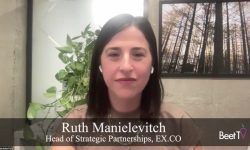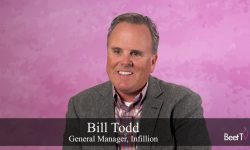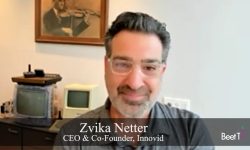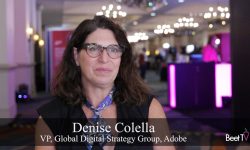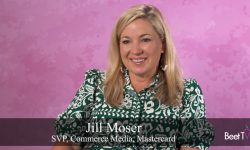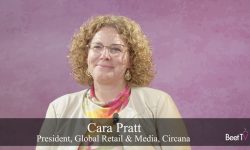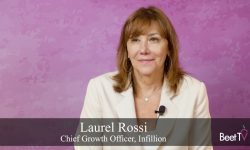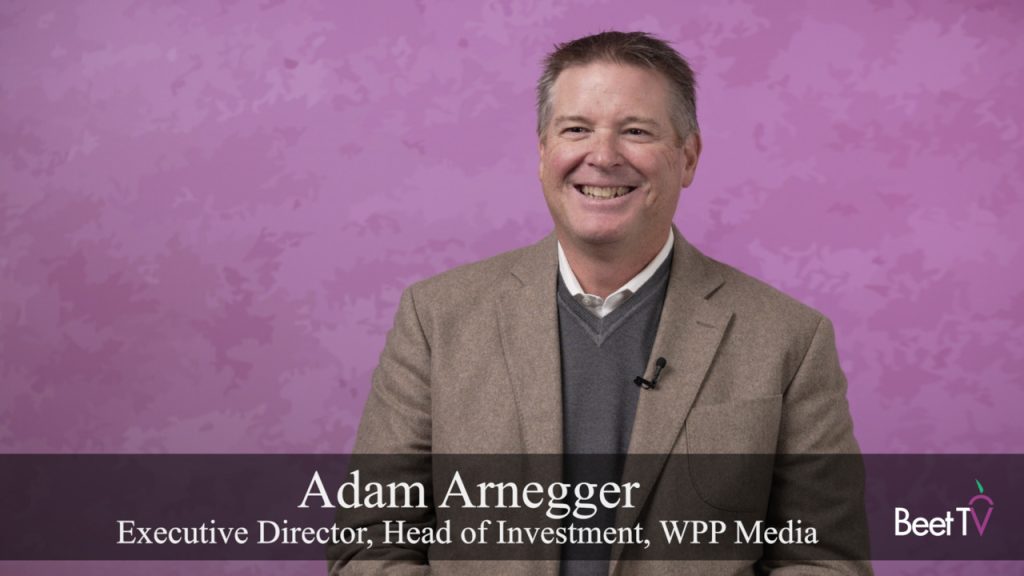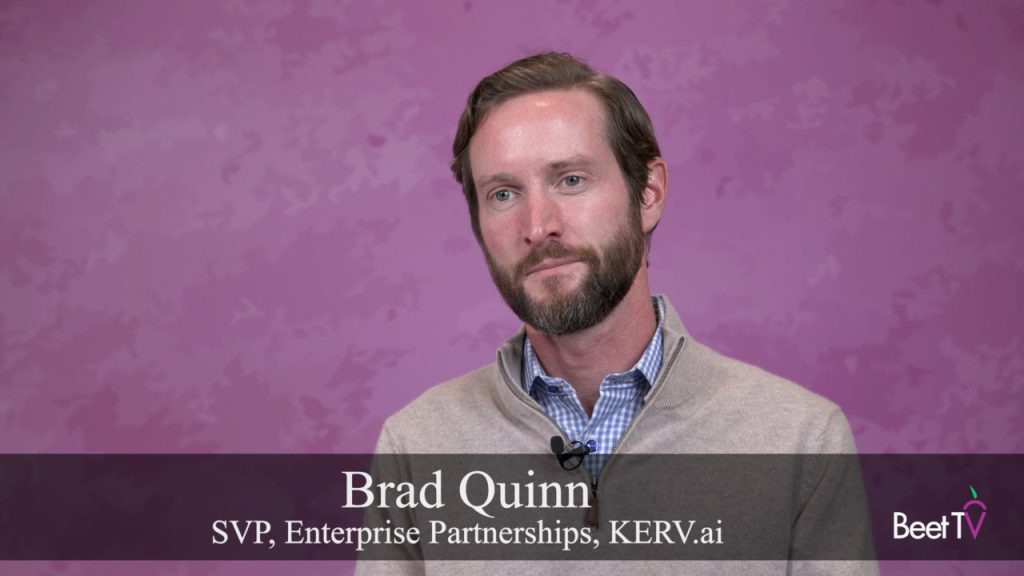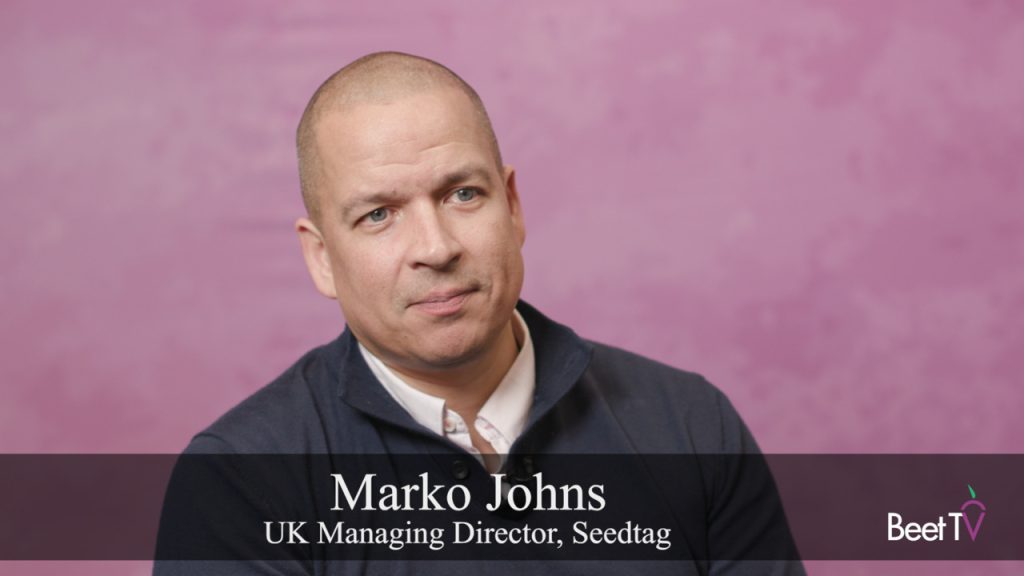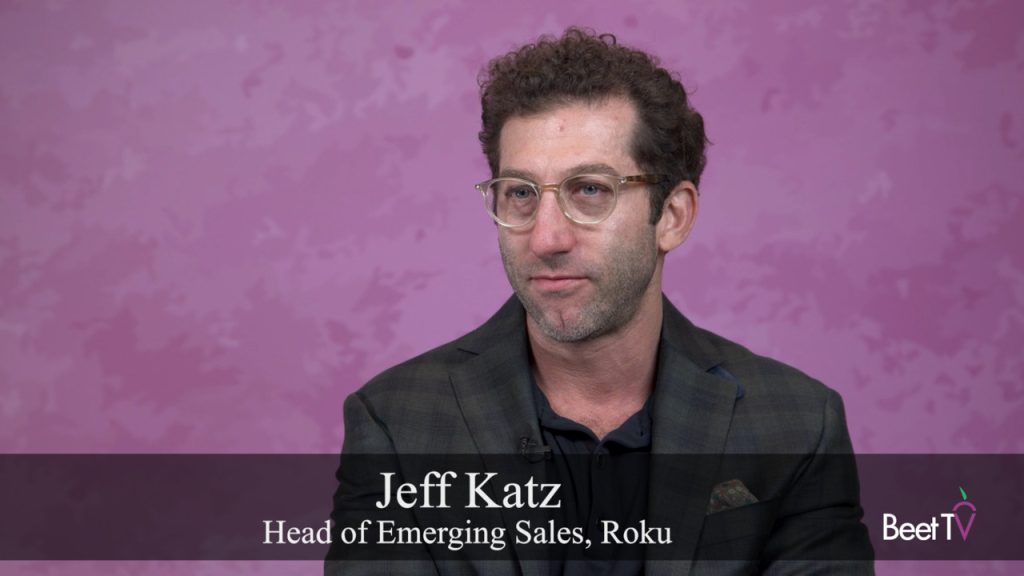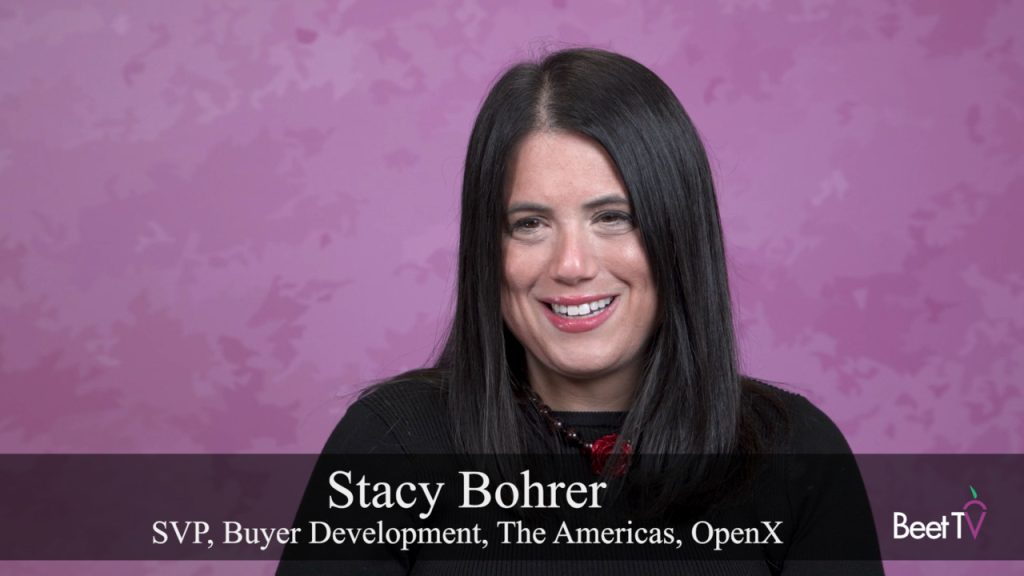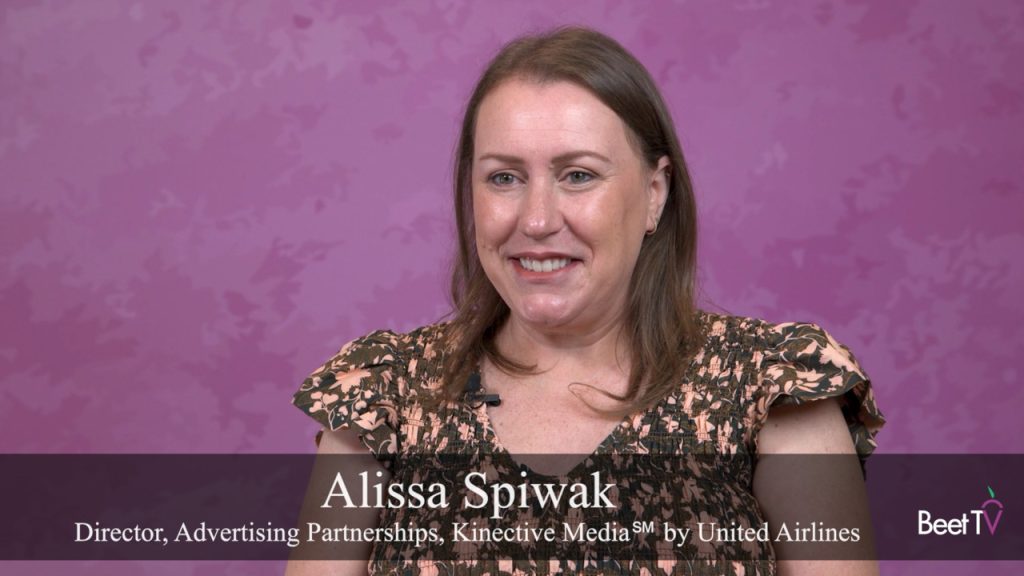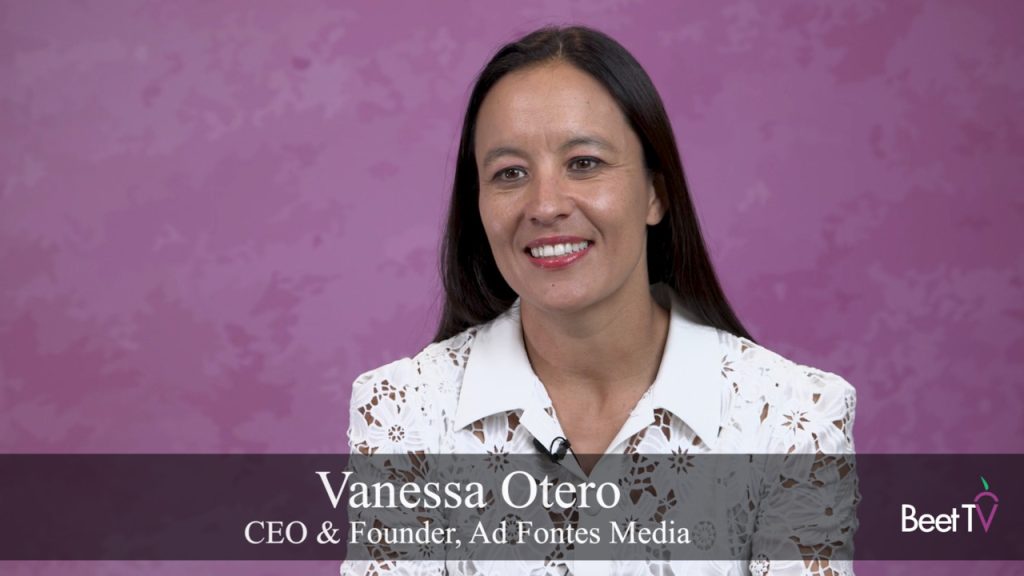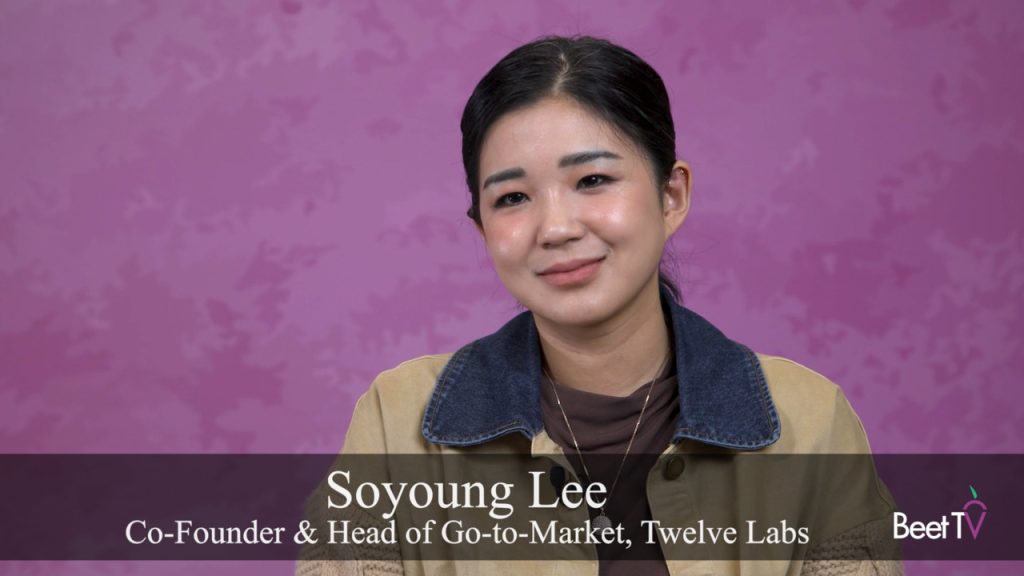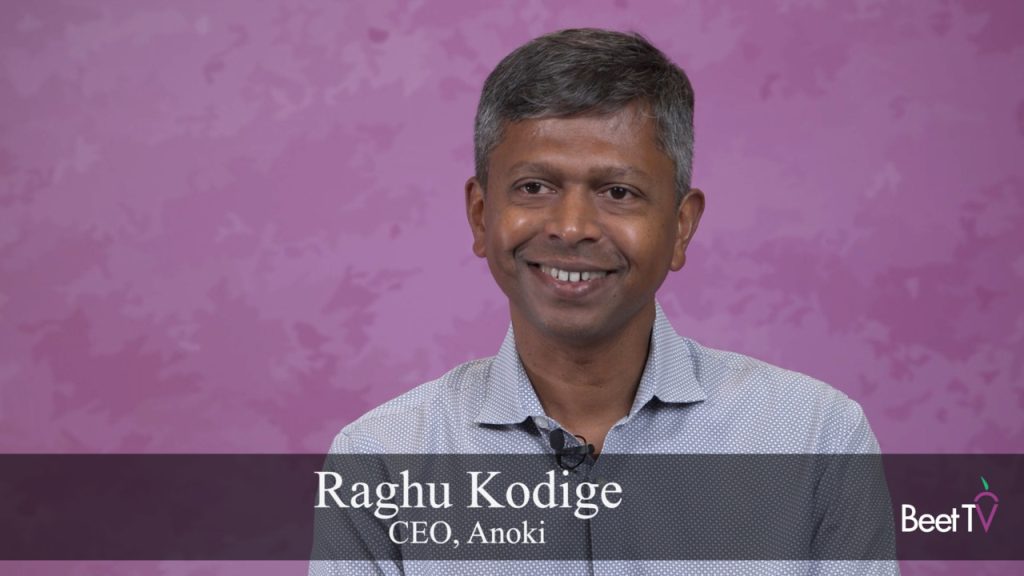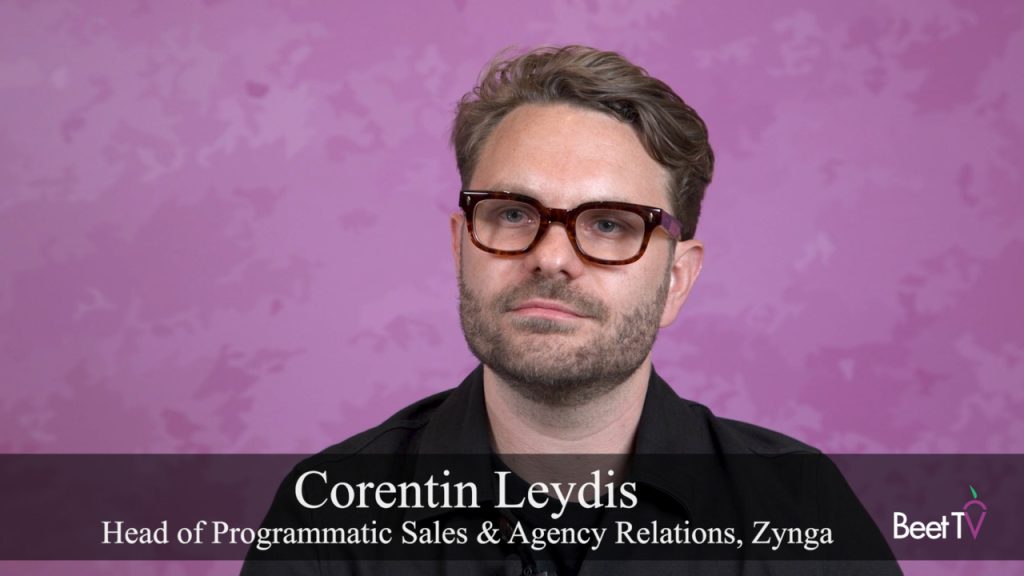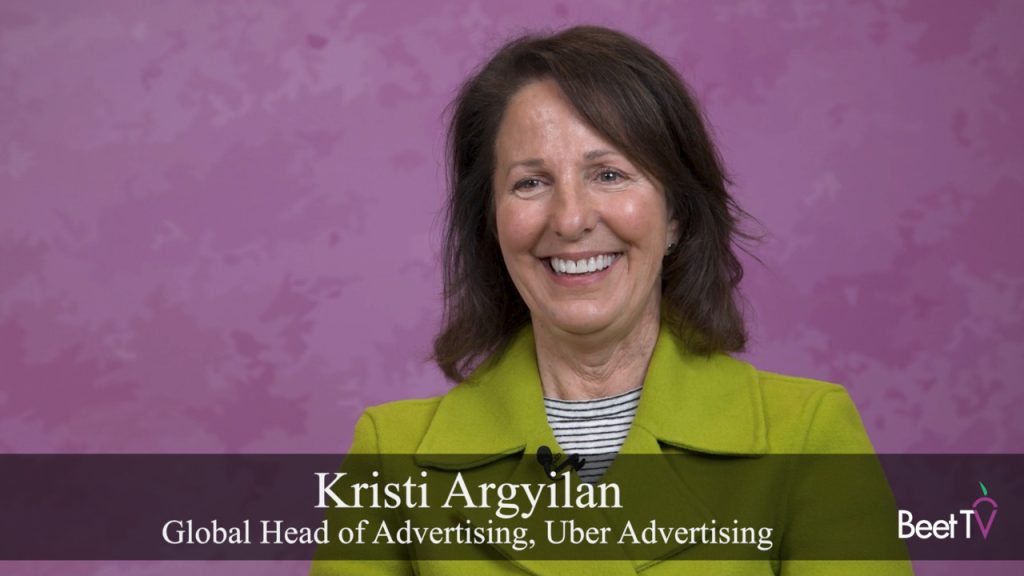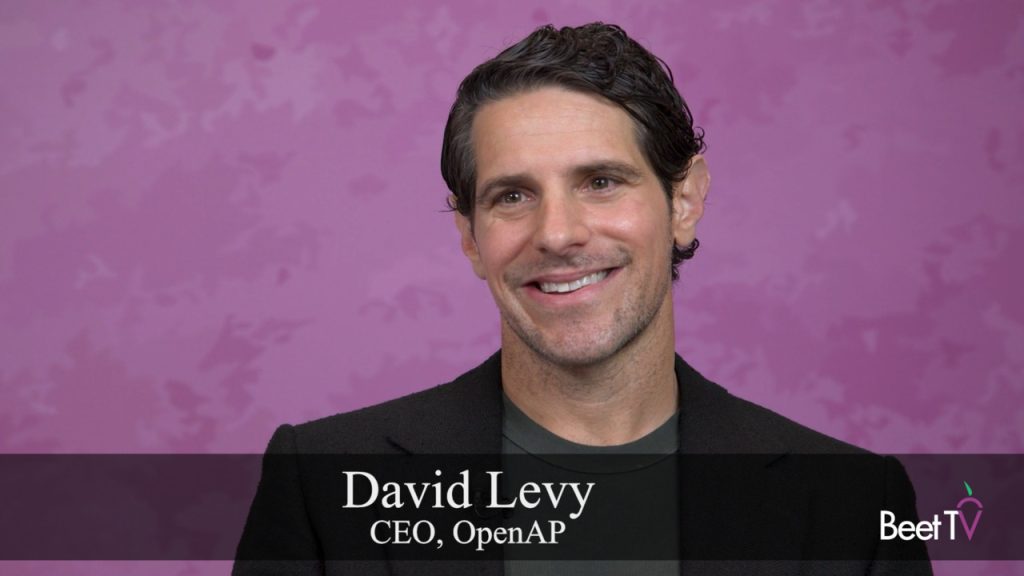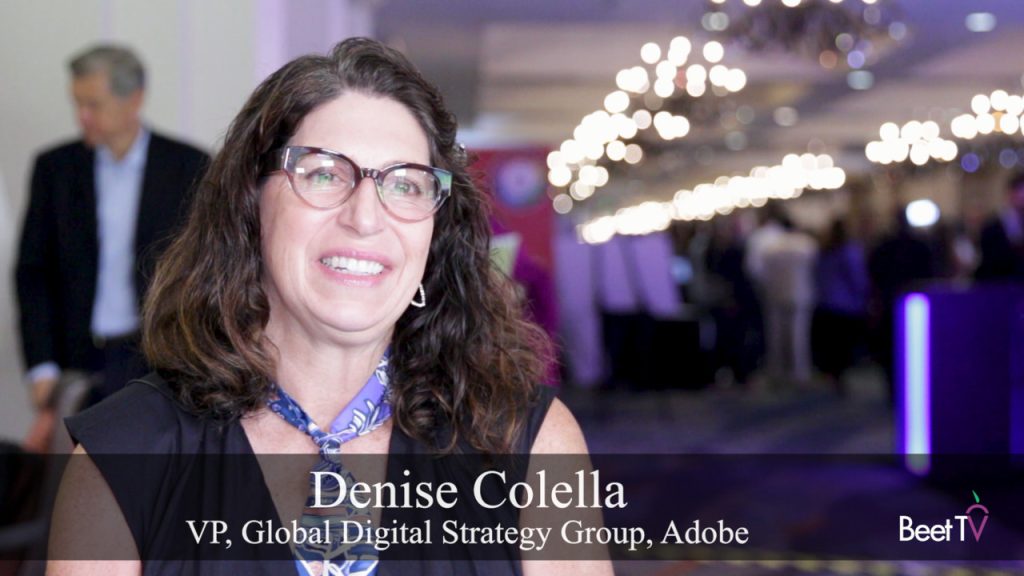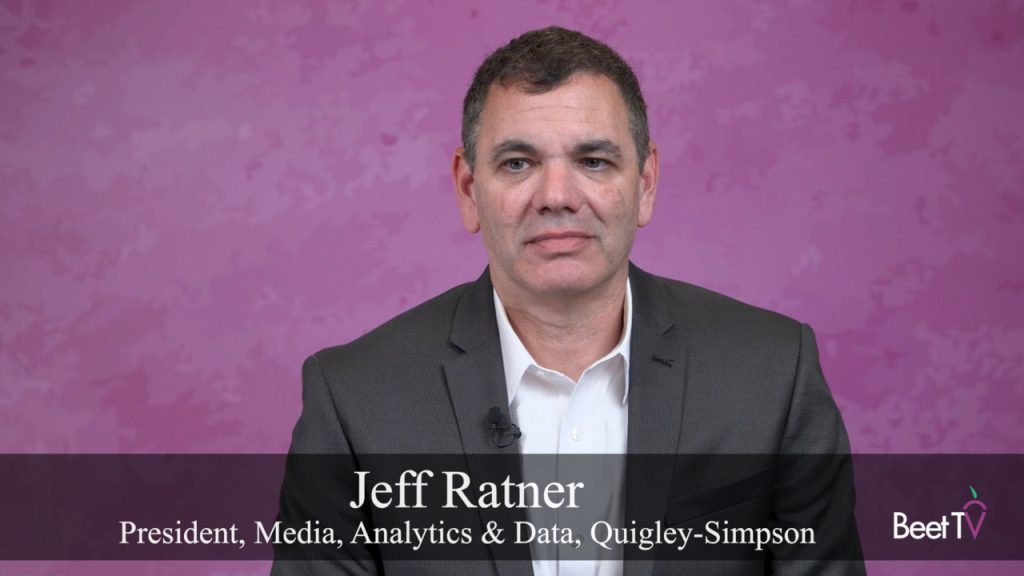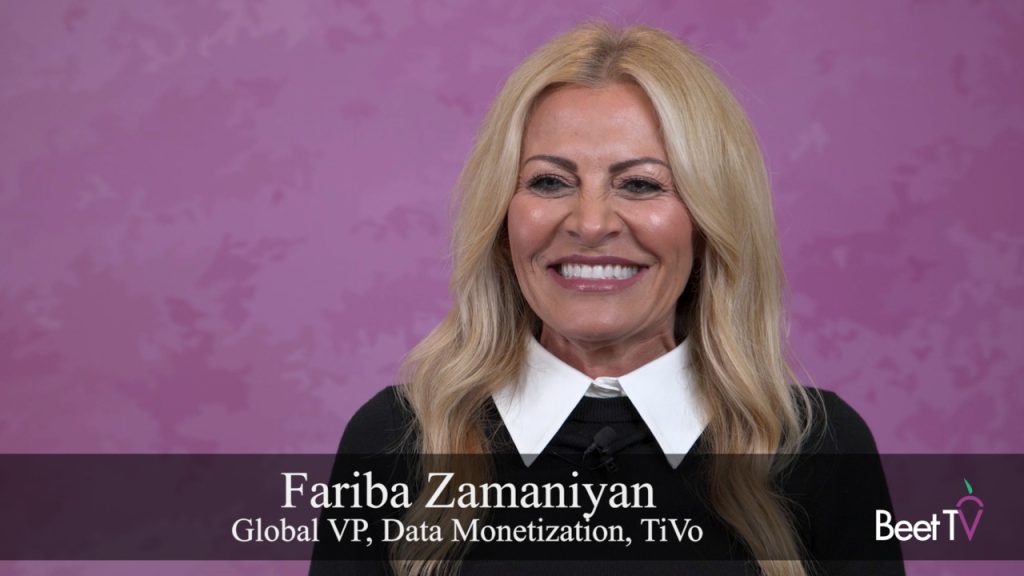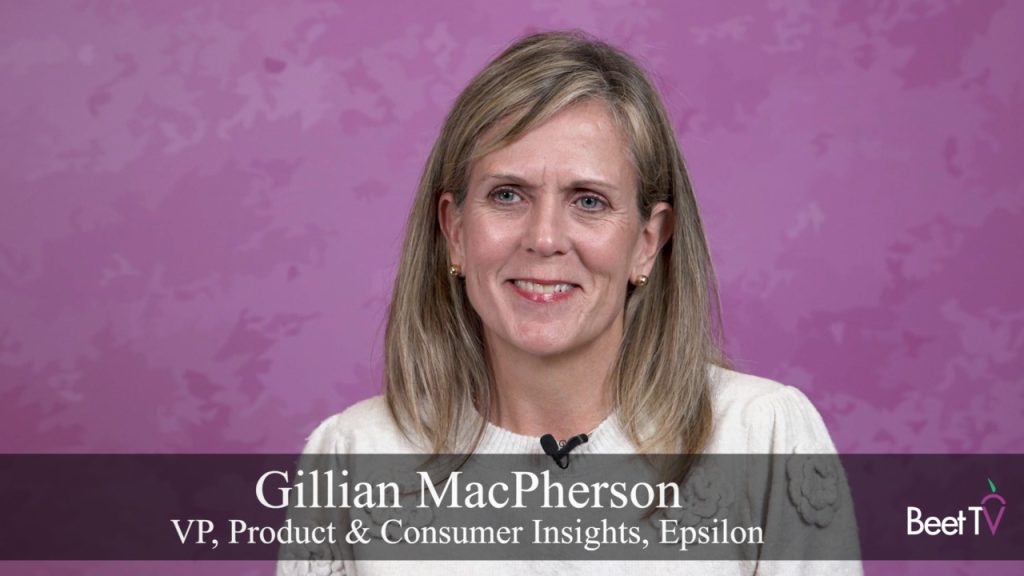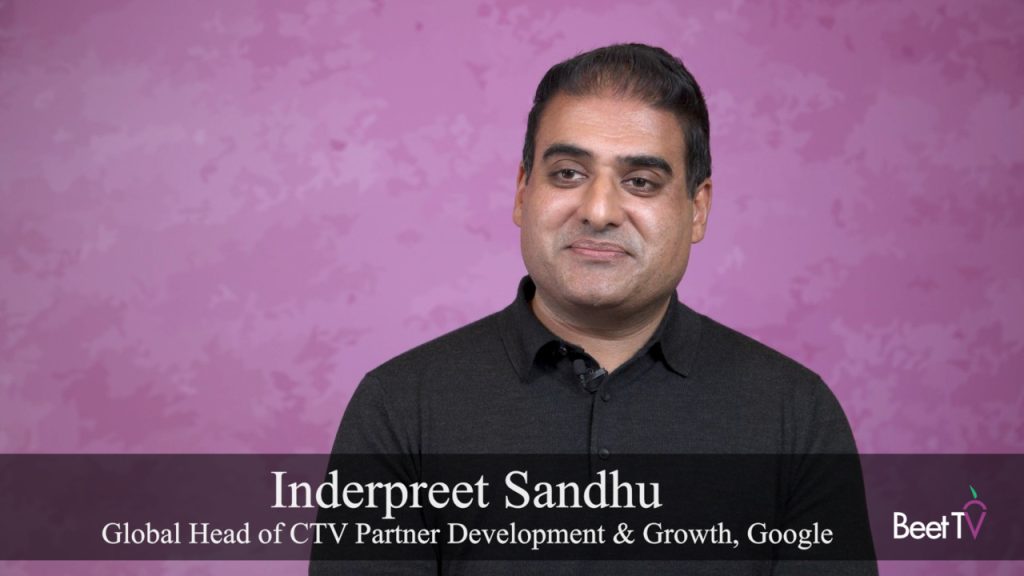The year is 2019 and disinformation is everywhere. Every day, it seems, every fact has now become contestable, as many citizens, media and politicians choose to engage in building a community rather than building awareness.
A board member from one of the world’s leading news organizations thinks such organizations need to do better at cutting through the fog with facts.
“We in the communications world … have really not done the populace a great service in terms of helping people understand what’s true and what isn’t,” says Rob Norman, the former GroupM chief digital officer who also now sits on the board of BBC Global News, Knotch, comScore and Simpli.fi.
“It’s got worse and not better in the three years since 2016
The trust problem is borne out by research. According Pew Center: “Just 26% of U.S. adults correctly classified five factual statements as factual, whilst just 35% correctly identified five opinion statements as opinion.”
61% say the news media intentionally ignores stories that are important to the public.
Norman recently left GroupM, the world’s largest media-buying agency, after several years.
“The news media has got to keep its metal,” he counsels. “It has to be incredibly self-aware and … think very, very, very critically about what they choose to write, what positions they choose to take. (If) people can demonstrate that they are severely partisan … I think they create an internal vulnerability which undermines the rest of their mission.”
It is rare for advertising industry personnel to take an interest in the societal health of the news business.
But, earlier this year, responding to business challenges, we also saw the launch of United For News, a coalition comprising advertisers’ agencies, tech platforms and journalism non-profits that is working to restore the strength of local news media around the world.
“It’s tremendously difficult to completely separate opinion and news … their audience won’t know the difference,” Norman warns.
His solution? Fight the fire with facts.
“News organizations … are going to have to do it with enormous discipline, and with enormously well-researched and detailed support for what they do, and maybe reign in some of their opinion,” Norman says.
“Less is more. We need more precision and create less opportunities for that precision to be de-positioned by other people.”







